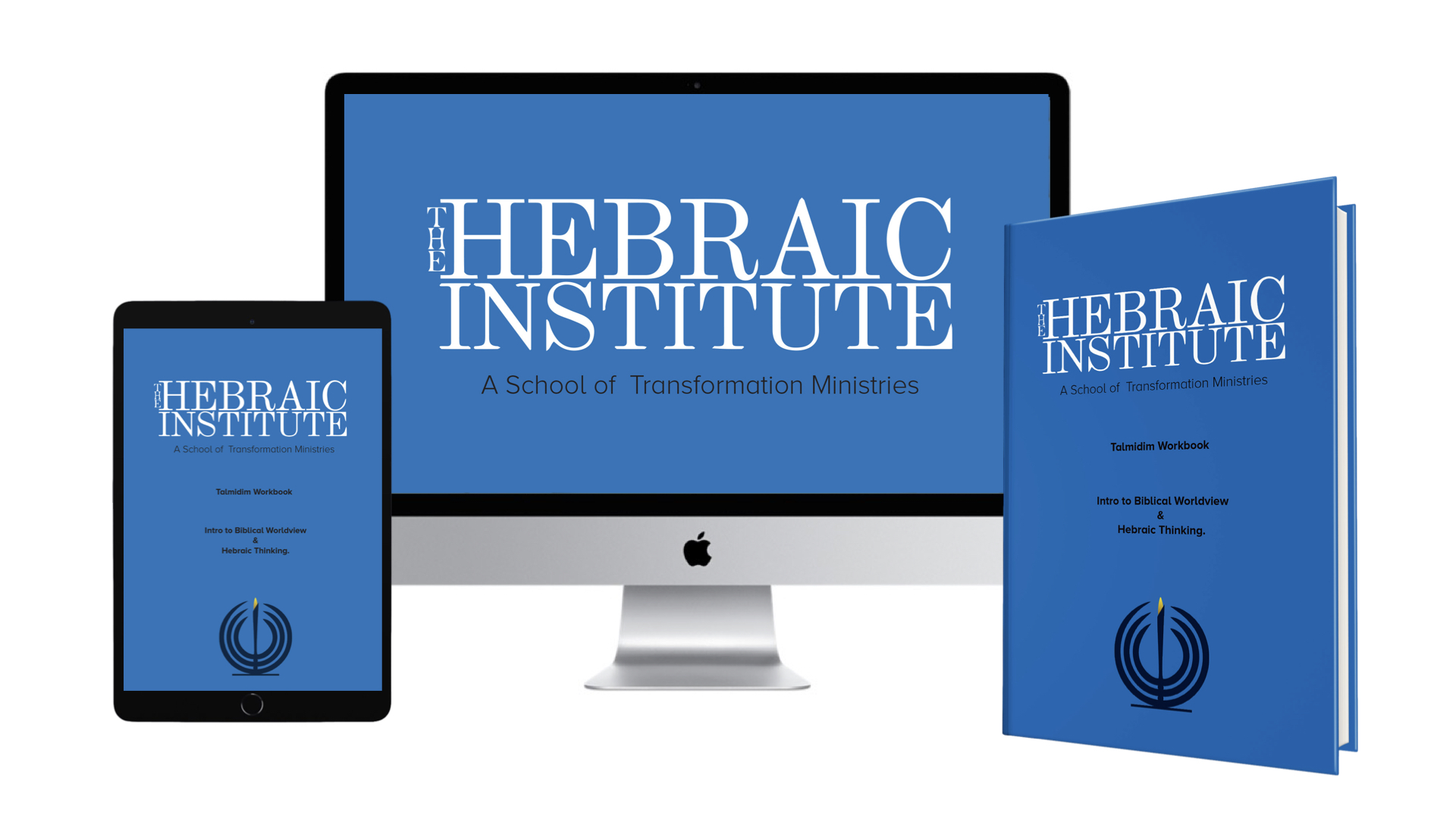The Myth of Life-Balance; the Reality of Life-Rhythm
You weren’t made to live in balance. It’s a myth. And it’s while all of our contempoary discussions about work-life balance fall a bit short.
You were, on the other hand, created to live in rhythm.
Let’s talk about it…
The world began with rest-- not work
If you’re like me, you consider your day to begin when you wake up in the morning. Right before you— if you’re like me— prep that coffee.
Or, if you stayed up to midnight, you may look at your watch and think, “Oh, gee… it’s already tomorrow… a new day. I’ve got to get in bed.”
We’ve programmed ourselves to think of our days as "daylight first” and “nighttime second.” We get up to start the day; we go to bed to end it.
Turns out, that’s backwards. Creation doesn’t begin each new day’s clock with the sun. Creation begins with the moon.
If you go all the way back to the beginning of the Bible, back to the very first page, you find the story. There, we read a refrain over and over and over again. It’s so common you may have never noticed it before. I guarantee you, though, once you see it, you’ll never forget it.
Here it is: “There was evening and then morning, the ________ day.”
We find the phrase six times (Genesis 1:5,8,13,19,23,31):
- Evening and then morning
- Dark and then day
- Rest and then work
- Pause and then play
- Off and then on
In God’s rhythm of Creation, days began with dark, not light. They began with the moon in the sky, not the sun. They began with sleep, not work. They began with rest, not activity. That’s the rhythm of Creation.
Remember... Good Friday
There’s a poignant example of this in the New Testament. Fast forward a few thousand years from Creation to the Cross. They removed Jesus from the the stake before sundown on Friday, the day He was executed, because Saturday was the Sabbath.
Yet the Sabbath didn’t begin on Saturday morning— or even at midnight. The Sabbath began at sundown, around 6pm (John 19:31). So, Friday at sundown they lowered Jesus from the Cross and placed Him in the tomb, removing Him just moments before the Sabbath officially began.
From the beginning, the new day began when the sun dropped, at sundown. That was the sign of a new day, the rest.
The rest came first.
Lessons from the drummer
In music, the rests are as important as the notes you play.
In fact, if you go to a concert and pay attention to the drums, you’ll notice that the drummer actually “not plays” more than he or she “does play.”
The times in which the drum isn’t being hit— the cadence of OFF— is the thing that makes the music… well, more like music and less like noise.
Life is the same way.
There’s a definite beat to Creation that works well for us when we embrace it.
Again, the created order is built on a rhythm of “off” and “on.” We’re designed for bursts of work and pauses for rests.
Part of living a life of balance means there are definite times of Sabbath and rest, those moments of complete OFF.
The sweetness of doing nothing
I read Michael Hyatt’s book Free to Focus a few years ago. He writes about doing “less” stuff so that you can really zero-in on what you want to do. Then, he discusses the importance of margin, of living with quiet space. That is, do less stuff. And do it less of the time.
Hyatt tells of a phrase he and his wife learned while traveling through Tuscany while on a sabbatical (he unplugs for an entire month every summer), a dolce far niente. It means “the sweetness of doing nothing.” That is, it’s not only a refusal to fill every space with something, it’s a celebration of that space where nothing else exists.
Hyatt reminds us,
Our brains aren’t designed to run nonstop. When we drop things into neutral, ideas flow on their own, memories sort themselves out, and we give ourselves a chance to rest.
And,
Sufficient sleep keeps us mentally sharp and improves our ability to remember, learn, and grow. It refreshes our emotional state, reduces stress, and recharges our bodies… Meanwhile, going without sleep makes it harder to stay focused, solve problems, make good decisions, or even play with others.
To summarize in my own words, “The quiet space is where the magic happens.”
Turns out, we don’t have any space for magic. We fill it with smartphones + film series + memes + sound-bites + anything else which can hold out attention. We don’t value the pause; we value productivity.
And that productivity-- whether it’s notching off another project or checking off another social feed or film-- often masks the fact that we’re afraid to confront that quiet. You see, sometimes we’re addicted to the noise.
Thankfully, God has a better way.
And it involves slowing down and stepping into the rhythm of Sabbath.
This video clip comes from Lesson 10 in The Hebraic Institute, taught as part of the Transformation School of Ministry

Never miss a new post + podcast!
Join our mailing list to receive the latest news and updates

